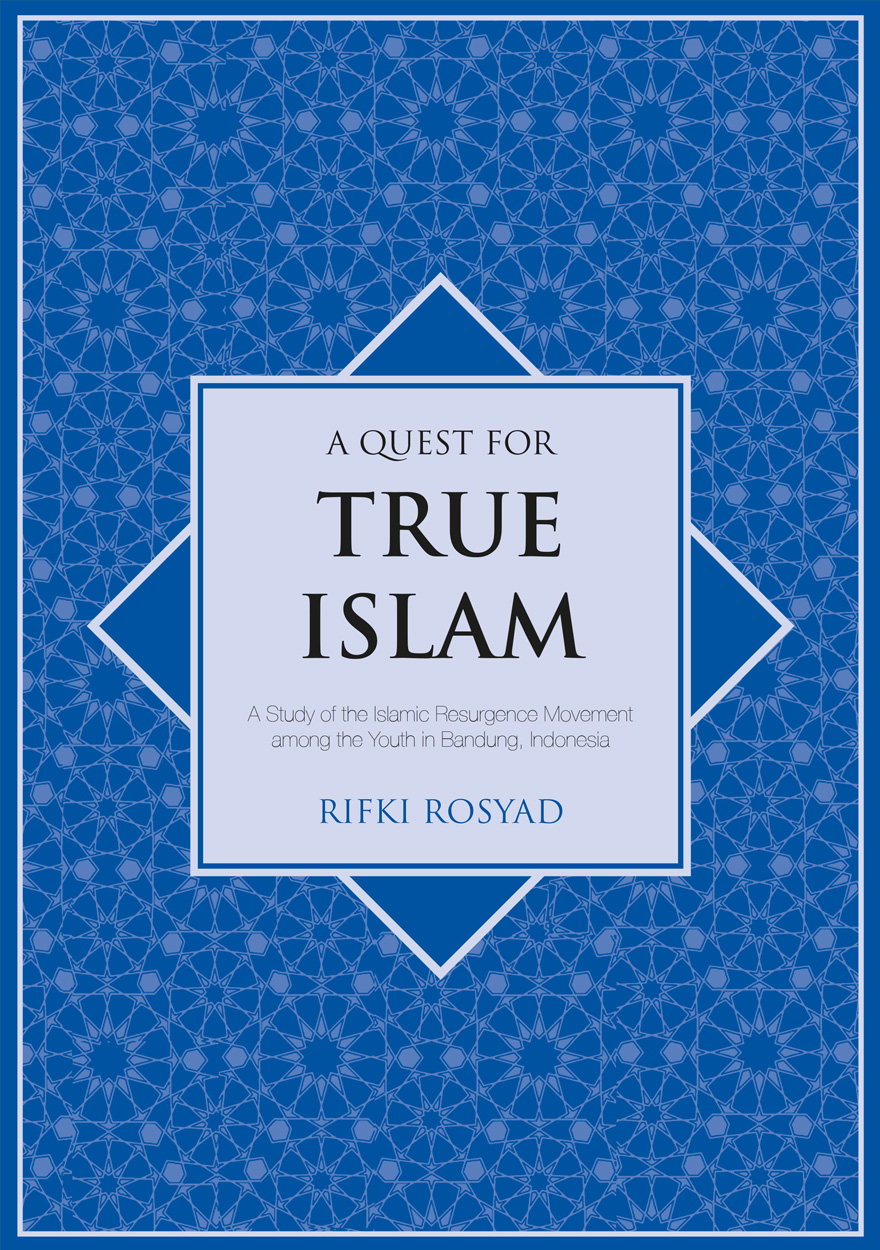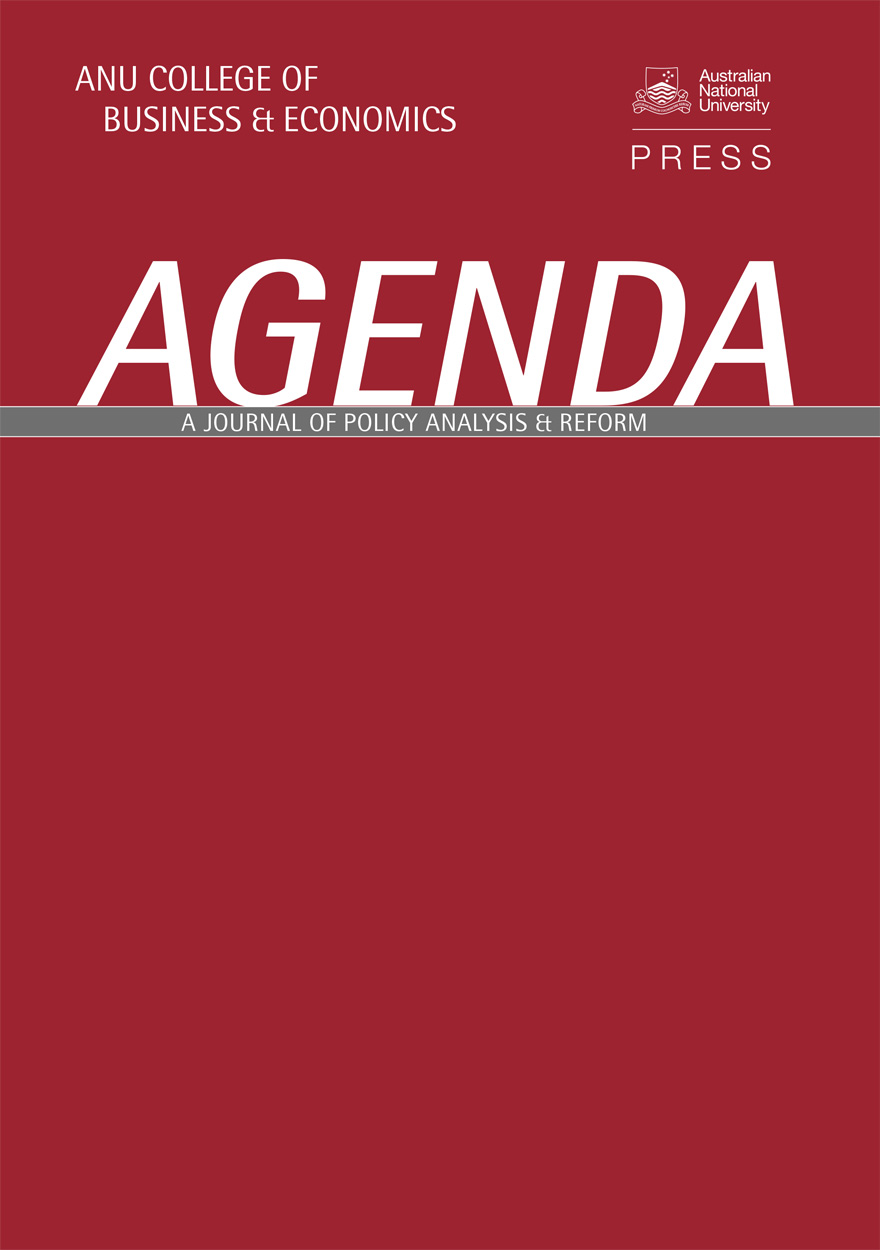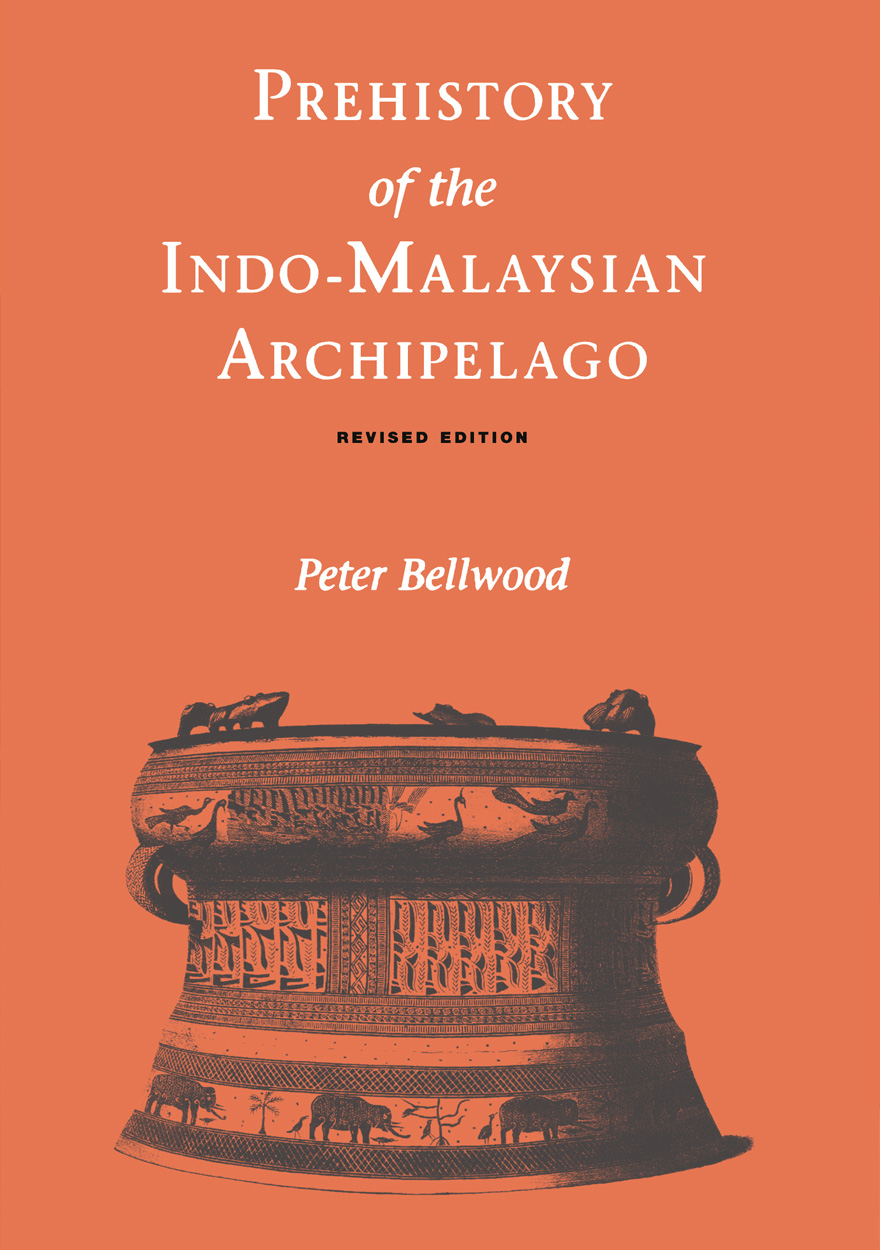Search titles
Displaying results 91 to 100 of 111.

Struggling for the Umma »
Changing Leadership Roles of Kiai in Jombang, East Java
Authored by: Endang Turmudi
Publication date: October 2007
This thesis focuses on the relationship of Indonesian kiai (‘ulama: religious leaders) in Jombang to their wider social and political situation. It argues that the charismatic authority exerted through the leadership of the kiai in Java has limitations in terms of its legitimacy. At the very least it has boundaries that determine areas or circumstances for its legitimate expression. It also argues that the kiai’s influence in politics is not as strong as in other domains. Despite being a charismatic figure, only a minority of followers feel compelled to follow the kiai’s political example. Differences between the kiai and his followers in relation to political behaviour are common, especially after the transformation of the Islamic political party. Nevertheless, the role of the kiai in general remains important in the eyes of Muslim society.

A Quest for True Islam »
A Study of the Islamic Resurgence Movement among the Youth in Bandung, Indonesia
Authored by: Rifki Rosyad
Publication date: July 2007
This study presents the contemporary Islamic resurgence movement among young people in Bandung Indonesia, focusing on its emergence, development and routinisation. It traces various factors and conditions that contributed to the emergence of the movement. It also tries to explain how and why young people (students in particular) turn to Islam, and how the movement is organised and developed among students. Finally, it examines internal changes among various Islamic groups as responses to social, political and cultural changes.

Boats to Burn »
Bajo Fishing Activity in the Australian Fishing Zone
Authored by: Natasha Stacey
Publication date: June 2007
Under a Memorandum of Understanding between Indonesia and Australia, traditional Indonesian fishermen are permitted access to fish in a designated area inside the 200 nautical mile Australian Fishing Zone (AFZ). However, crew and vessels are regularly apprehended for illegal fishing activity outside the permitted areas and, after prosecution in Australian courts, their boats and equipment are destroyed and the fishermen repatriated to Indonesia. This is an ethnographic study of one group of Indonesian maritime people who operate in the AFZ. It concerns Bajo people who originate from villages in the Tukang Besi Islands, Southeast Sulawesi. It explores the social, cultural, economic and historic conditions which underpin Bajo sailing and fishing voyages in the AFZ. It also examines issues concerning Australian maritime expansion and Australian government policies, treatment and understanding of Bajo fishing. The study considers the concept of “traditional” fishing regulating access to the MOU area based on use of unchanging technology, and consequences arising from adherence to such a view of “traditional”; the effect of Australian maritime expansion on Bajo fishing activity; the effectiveness of policy in providing for fishing rights and stopping illegal activity, and why Bajo continue to fish in the AFZ despite a range of ongoing restrictions on their activity.

Agenda - A Journal of Policy Analysis and Reform: Volume 10, Number 1, 2003 »
Publication date: April 2007
Agenda is a refereed, ECONLIT-indexed and RePEc-listed journal of the College of Business and Economics, The Australian National University. Launched in 1994, Agenda provides a forum for debate on public policy, mainly (but not exclusively) in Australia and New Zealand. It deals largely with economic issues but gives space to social and legal policy and also to the moral and philosophical foundations and implications of policy.
Subscribe to the Agenda Alerting service if you wish to be advised on forthcoming or new issues.
Download for free
Not available for purchase

Agenda - A Journal of Policy Analysis and Reform: Volume 7, Number 2, 2000 »
Publication date: April 2007
Agenda is a refereed, ECONLIT-indexed and RePEc-listed journal of the College of Business and Economics, The Australian National University. Launched in 1994, Agenda provides a forum for debate on public policy, mainly (but not exclusively) in Australia and New Zealand. It deals largely with economic issues but gives space to social and legal policy and also to the moral and philosophical foundations and implications of policy.
Subscribe to the Agenda Alerting service if you wish to be advised on forthcoming or new issues.
Download for free
Not available for purchase

Agenda - A Journal of Policy Analysis and Reform: Volume 3, Number 3, 1996 »
Publication date: April 2007
Agenda is a refereed, ECONLIT-indexed and RePEc-listed journal of the College of Business and Economics, The Australian National University. Launched in 1994, Agenda provides a forum for debate on public policy, mainly (but not exclusively) in Australia and New Zealand. It deals largely with economic issues but gives space to social and legal policy and also to the moral and philosophical foundations and implications of policy.
Subscribe to the Agenda Alerting service if you wish to be advised on forthcoming or new issues.
Download for free
Not available for purchase

Prehistory of the Indo-Malaysian Archipelago »
Revised Edition
Authored by: Peter Bellwood
Publication date: March 2007
Since its publication in 1985, Peter Bellwood’s Prehistory of the Indo-Malaysian Archipelago has been hailed as the sole authoritative work on the subject by the leading expert in the field. Now that work has been fully revised and includes a complete up-to-date summary of the archaeology of the region (and relevant neighboring areas of China and Oceania), as well as a comprehensive discussion of new and important issues (such as the “Eve-Garden of Eden” hypothesis and its relevance to the Indo-Malaysian region) and recent advances in macrofamily linguistic classification.
Moving north to south from northern Peninsular Malaysia to Timor and west to east from Sumatra to the Moluccas, Bellwood describes human prehistory from initial hominid settlement more than one million years ago to the eve of historical Hindu-Buddhist and Islamic cultures of the region. The archaeological record provides the central focus, but chapters also incorporate essential information from the paleoenvironmental sciences, biological anthropology, linguistics, and social anthropology. Bellwood approaches questions about past cultural and biological developments in the region from a multidisciplinary perspective. Historical issues given extended treatment include the significance of the Homo erectus populations of Java, the dispersal of the present Austronesian-speaking peoples of the region within the past 4,000 years, and the spread of metallurgy since 500 B.C. Bellwood also discusses relationships between the prehistoric populations of the archipelago and those of neighboring regions such as Australia, New Guinea, and mainland Asia.

Reformist Muslims in a Yogyakarta Village »
The Islamic Transformation of Contemporary Socio-Religious Life
Authored by: Hyung-Jun Kim
Publication date: March 2007
This study examines the religious life of reformist Muslims in a Yogyakarta village. The foci of this discussion are on Muslim villagers’ construction, with the help of the reformist paradigm, of the image of the ‘good Muslim’ and ‘Muslim-ness’, on their efforts to incorporate an (reformist) Islamic framework to question taken-for-granted practices and ideas, on the position of traditional practices and ideas and their relation to reformist Islam, and on the interplay of villagers who show a strong commitment to reformist Islam with those who do not. Another topic investigated in this study is the interactions between Muslim and Christian villagers and the impacts of Christian presence on the process by which Muslims define themselves, their neighbours, their religion and their religious community.

Arndt's Story »
The life of an Australian economist
Authored by: Peter Coleman, Selwyn Cornish, Peter Drake
Publication date: March 2007
‘H.W. Arndt has been Australia’s leading scholar of Asian economic development for over thirty years’
- Former World Bank President James D Wolfensohn.
The year of Heinz Wolfgang Arndt’s birth, 1915, was not a good time for a German boy to be born. His country was soon to be defeated in a great war, his school years were shadowed by the rise of Hitler. Yet when Heinz’s long-buried Jewish background led his academic father to lose his chair in chemistry and flee to Oxford, Heinz followed. As Heinz put it, the calamity of Hitler’s rise to power led him to ‘the incredible good fortune of an Oxford education and a life spent in England and Australia.’
This was a man of inexhaustible energy and optimism, who returned from months behind barbed wire interned in Canada to write a historical classic—The Economic Lessons of the Nineteen-Thirties. He seized the opportunity of an unexpected job offer to set off with his young family for Sydney where he quickly established himself as a leading authority on the Australian banking system, embarked on his fifty year career as a gifted university teacher and enjoyed the first of many vigorous forays as a public intellectual.
But it was at ANU that Heinz took the bold step which led him to become the Grand Old Man of Asian Economics. In 1966, just after the Sukarno coup and the year of living dangerously, he determined the time had come to study the Indonesian economy. It took all his charm, persistence and formidable intellect to persuade the Indonesians to open their doors to him. The result was a world-leading centre of Indonesian economics which greatly contributed to the development of modern Indonesia.

The Archaeology of the Aru Islands, Eastern Indonesia »
Edited by: Sue O'Connor, Matthew Spriggs, Peter Veth
Publication date: February 2007
This volume describes the results of the first archaeological survey and excavations carried out in the fascinating and remote Aru Islands, Eastern Indonesia between 1995 and 1997. The naturalist Alfred Russel Wallace, who stopped here in search of the Birds of Paradise on his voyage through the Indo-Malay Archipelago in the 1850s, was the first to draw attention to the group. The results reveal a complex and fascinating history covering the last 30,000 years from its early settlement by hunter-gatherers, the late Holocene arrival of ceramic producing agriculturalists, later associations with the Bird of Paradise trade and the colonial expansion of the Dutch trading empires.
The excavations and finds from two large Pleistocene caves, Liang Lemdubu and Nabulei Lisa, are reported in detail documenting the changing environmental and cultural history of the islands from when they were connected to Greater Australia and used by hunter/gatherers to their formation as islands and use by agriculturalists. The results of the excavation of the late Neolithic — Metal Age midden at Wangil are discussed, as is the mysterious pre-Colonial fort at Ujir and the 350-year old ruins of forts and a church associated with the Dutch garrisons.



